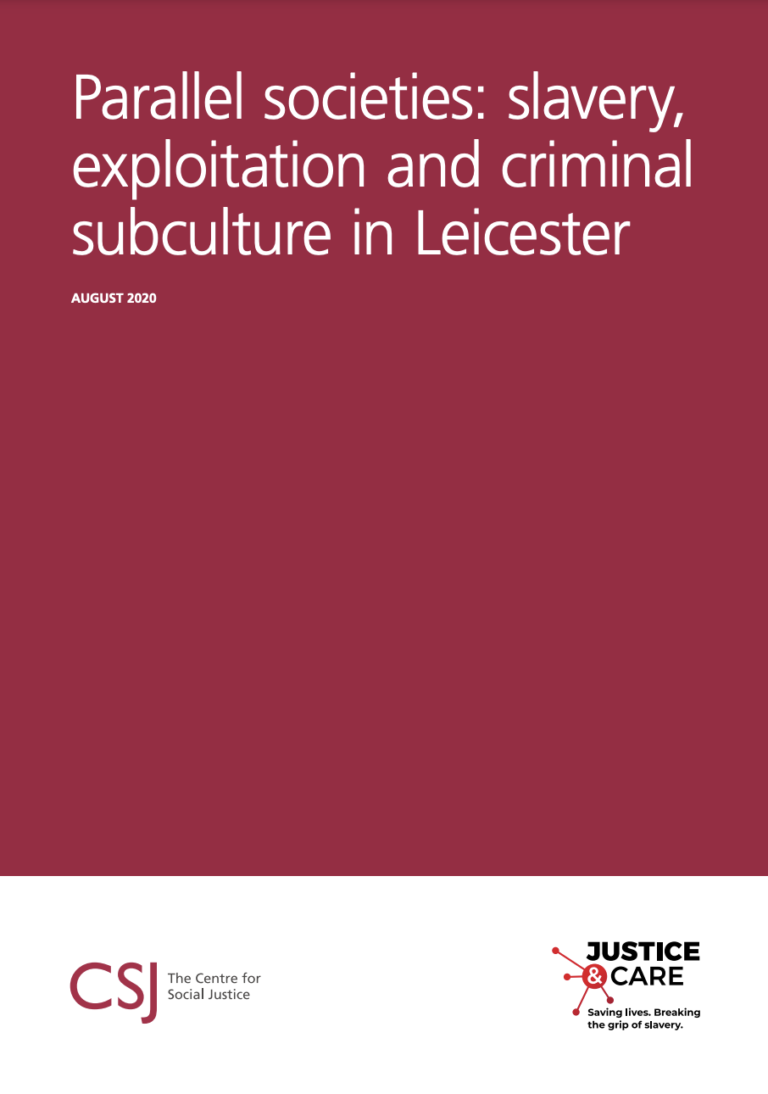The Effects of COVID‑19 on Trade and Global Supply Chains
COVID-19 resourcesPublicationsThe purpose of this brief is to provide an analysis of the near-term effects of the COVID‑19 pandemic on enterprises and workers engaged in trade and GSC-related activities and to explore the medium and long-term implications of the pandemic on su...Read More

